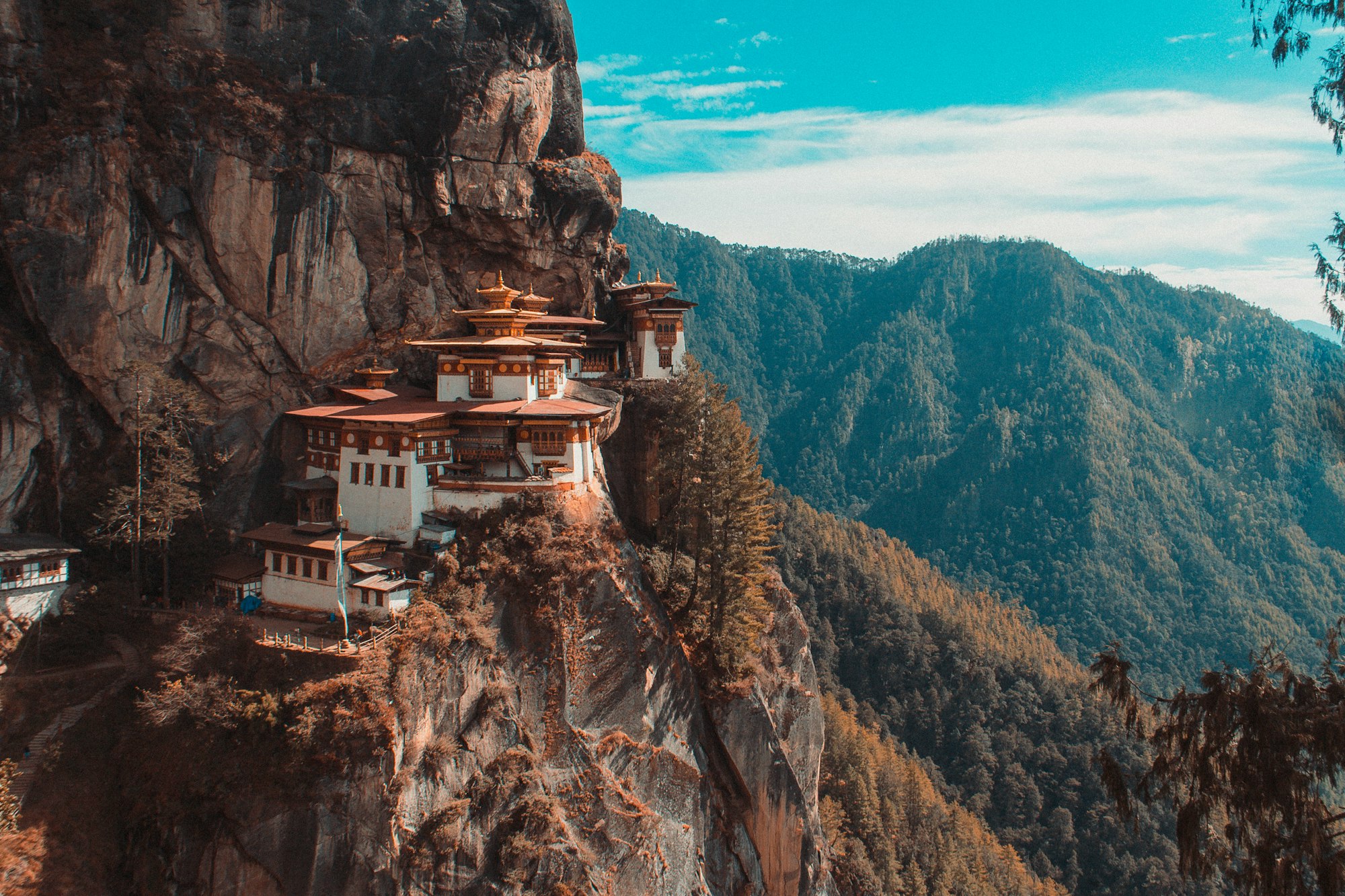Table of Contents
In a landmark announcement on Wednesday, Bhutan’s Gelephu Mindfulness City (GMC), a newly established Special Administrative Region (SAR), revealed plans to officially hold Bitcoin and other digital assets as part of its strategic reserves.
This move positions GMC among the world’s first jurisdictions to take such a step, reinforcing its ambitions to become a global hub for blockchain innovation and economic resilience.
This decision builds on Bhutan’s existing Bitcoin mining operations, initiated in 2017 when the cryptocurrency was valued at under $5,000. Leveraging its hydroelectric power, Bhutan has since profited from a nearly twentyfold return on its mining investments, with Bitcoin's price hovering near the $100k mark.
'For its strategic reserves, GMC intends to recognise digital assets that have large market capitalisations and deep liquidity to ensure that they can be easily bought and sold with minimal price impact. In addition, GMC will look to recognise digital assets that are issued on more mature, secure blockchains that support monitoring of on-chain transactions," GMC said in a statement.
Bhutan’s Unique Economic Landscape
Nestled between the economic giants of India and China, Bhutan is a nation of around 777,000 people that measures success through its Gross National Happiness Index, prioritizing psychological well-being and environmental sustainability over GDP. Despite its small size, Bhutan has consistently demonstrated an ability to punch above its weight economically, thanks to its green energy resources and innovative policies.
Hydropower contributes a significant portion of Bhutan’s GDP, with 75% of the energy exported to India. However, seasonal fluctuations in river flow often require the country to import electricity, creating challenges for its economic stability. To mitigate these issues, Bhutan has explored alternative revenue streams, including Bitcoin mining and now, digital asset reserves.
Vision for the Future
GMC’s plans align with Bhutan’s emphasis on leveraging emerging technologies for economic diversification. The SAR aims to focus its digital asset holdings on high-capitalization tokens like Bitcoin, Ether, and BNB, chosen for their deep liquidity and ease of trade. The newly enacted GMC Law No. 1 of 2024 has also established a robust regulatory framework to attract blockchain companies and financial service providers.
Bhutan’s investments in cryptocurrency mining have already demonstrated its ability to adapt to global market trends. Earlier collaborations, such as the $500 million green crypto mining fund with Bitdeer Technologies, underline its commitment to sustainable and innovative development.
In March 2025, GMC will host a high-level summit in Bhutan, gathering global leaders and industry experts to discuss the recognition of digital assets in strategic reserves. This event will also set the stage for the establishment of an international advisory panel to guide the SAR’s digital asset policies.










